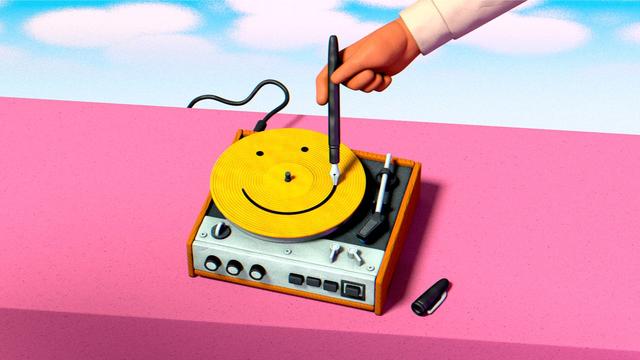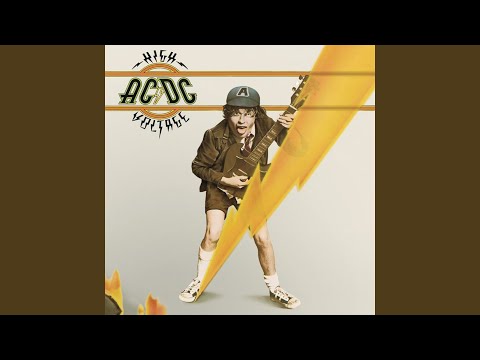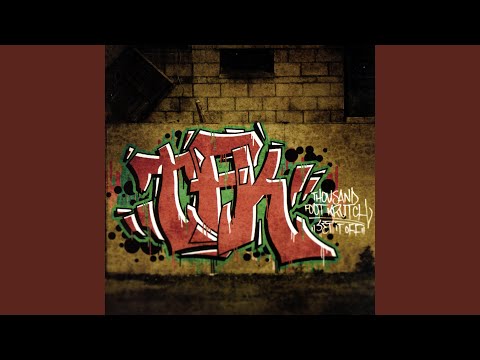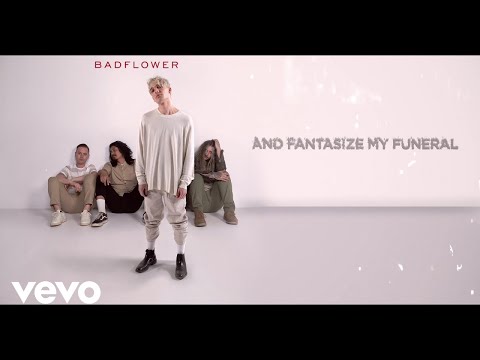"In 2018, the social-science blog “Data Colada” looked at Metacritic, a review aggregator, and found that more than four out of five albums released that year had received an average rating of at least seventy points out of a hundred—on the site, albums that score sixty-one or above are colored green, for “good.” Even today, music reviews on Metacritic are almost always green, unlike reviews of films, which are more likely to be yellow, for “mixed/average,” or red, for “bad.” The music site Pitchfork, which was once known for its scabrous reviews, hasn’t handed down a perfectly contemptuous score—0.0 out of 10—since 2007 (for “This Is Next,” an inoffensive indie-rock compilation). And, in 2022, decades too late for poor Andrew Ridgeley, Rolling Stone abolished its famous five-star system and installed a milder replacement: a pair of merit badges, “Instant Classic” and “Hear This.”
(...)
Even relatively negative reviews tended to be strikingly solicitous. “Solar Power,” the 2021 album by the New Zealand singer Lorde, was so dull that even many of her fans seemed to view it as a disappointment, but it earned a polite three and a half stars from Rolling Stone. Some of the most cutting commentary came from Lorde herself, who later suggested that the album was a wrong turn—an attempt to be chill and “wafty” when, in fact, she excels at intensity. “I was just like, actually, I don’t think this is me,” she recalled in a recent interview. And, although there are plenty of people who can’t stand Taylor Swift, none of them seem to be employed as critics, who virtually all agreed that her most recent album, “The Tortured Poets Department,” was pretty good (Metacritic: 76). Once upon a time, music critics were known for being crankier than the average listener. Swift once castigated a writer who’d had the temerity to castigate her, singing, “Why you gotta be so mean?” How did music critics become so nice?"
https://www.newyorker.com/magazine/2025/09/01/how-music-criticism-lost-its-edge
#Music #Journalism #MusicCriticism








